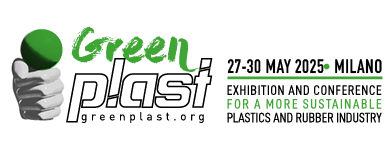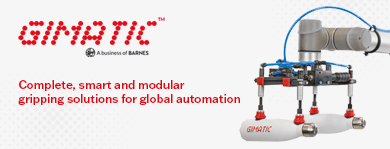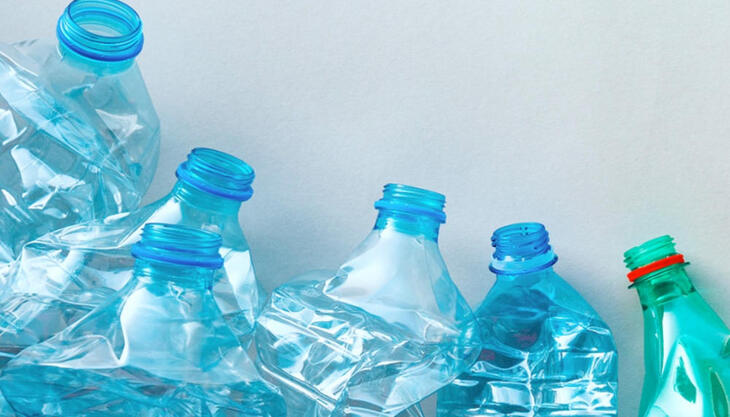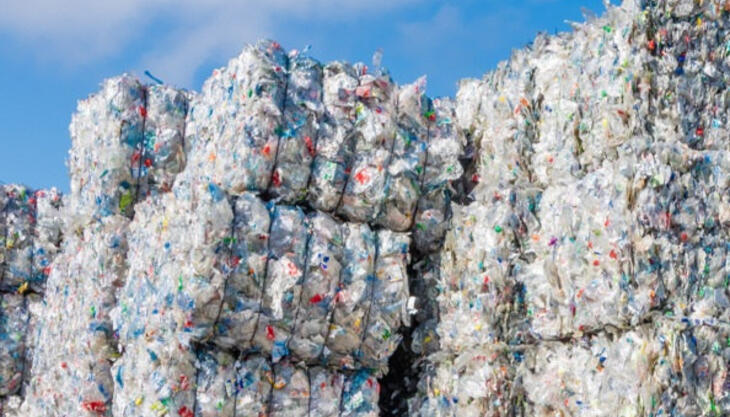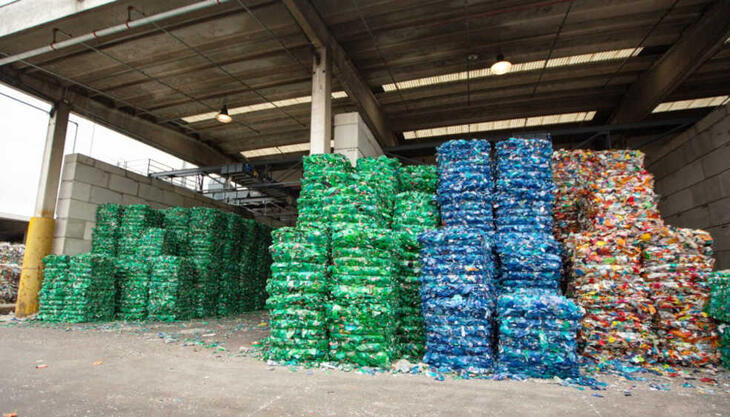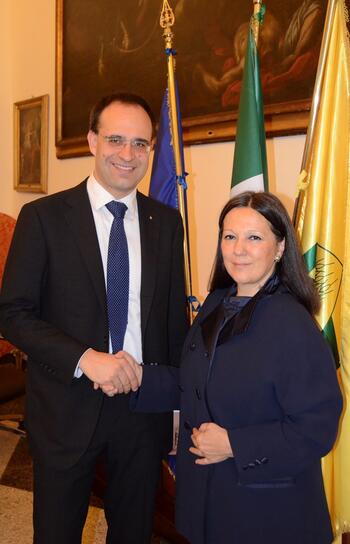
“The establishment of an agricultural sector that, respecting the local area, exploits abandoned areas of unirrigated land to support the region’s first model of an integrated biorefinery that is in synergy with the food production chain and focuses on high value-added products that can reduce or replace more impactful raw materials originating from further afield.” This is the purpose of an agreement signed by Catia Bastioli, CEO of Novamont and Matrìca (an equal joint-venture partnership between Novamont and Versalis), Roberto Moncalvo, president of Coldiretti (the association of Italian agricultural entrepreneurs), and Mauro Tonello, president of Italy’s agricultural association Consorzi Agrari d’Italia (CAI). The aim of the agreement is to create innovative short agro-industrial supply chains in the fields of bioplastics and biolubricants.
The agreement refers, in particular, to the spread of cardoon among Coldiretti’s farmers. Cardoon is a low-input crop that does not require irrigation and flourishes on dry land that is unsuitable for traditional crops. It provides a source of protein meal for animal feed and other raw materials for products with a low environmental impact. It therefore lends itself to the creation of a strong synergy with the Matrìca biorefinery in Porto Torres, Sardinia where, using installations based on Novamont technology, and starting with agricultural raw materials and vegetable waste, the site produces a whole range of biochemical products, biointermediates, monomers for the production of bioplastics, bases for biolubricants, and bioadditives for rubber, all through absolutely innovative low-impact processes.
“Indeed, to find a way out of the crisis it isn’t enough to develop innovative technologies and create systems to be imposed at territorial level. What is needed, rather, is a new territorial development model springing from shared projects that are capable of putting into practice the concepts of the circular economy and continuous innovation, giving individuals with ideas and determination the opportunity to make a contribution, and thereby creating the climate of collaboration and mutual respect that is crucial to creation of any solid project. The agreement with Coldiretti and CAI is an important step in this direction,” remarked Catia Bastioli.
“This collaboration will offer new income opportunities even for farmers operating in the most difficult circumstances, thanks to the introduction of a crop that allows them to depend less on imported vegetable proteins for animal feedstock and at the same time to obtain innovative products with a low environmental impact, and thus to confirm our country’s enormous creative potential,” commented Roberto Moncalvo.
The agreement envisages among other things the launch, through the new EIP (European Innovation Partnerships) approach, of research projects in the field of rural development, in collaboration with the sector’s main stakeholders, and support for bioplastics from integrated sources with more than more than 50% renewable content, encouraging the reuse of biodegradable shopping bags in the recycling of organic waste, the use of compost in agriculture to combat desertification, and the use of mulching sheets.






